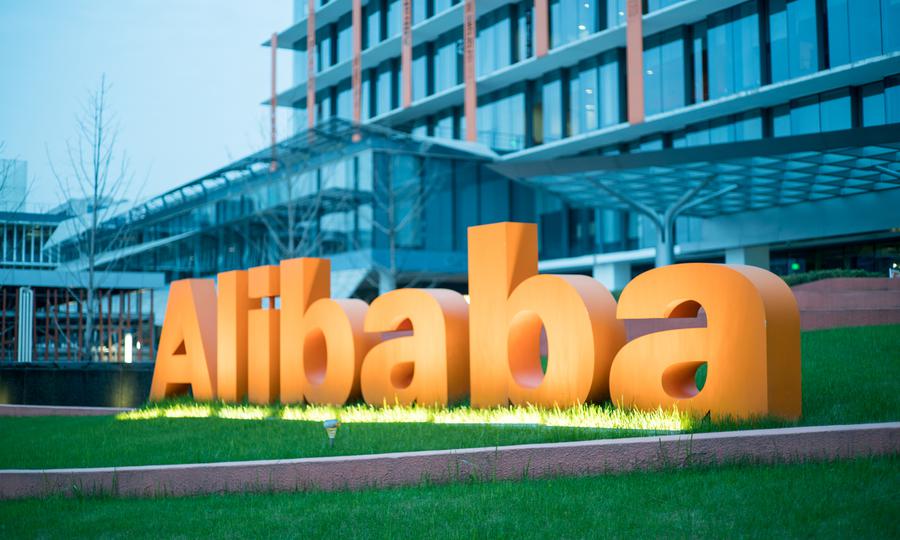Alibaba launches two blockchain subsidiaries

‘Blockchain should not be a tech to get rich overnight,’ said Alibaba CEO Jack Ma last year. ‘There are still 1.7 billion people in the world who have no bank accounts, but most of them have mobile phones. The impact of blockchain on the future of humans may be far beyond our imagination.’ Photo: Supplied
BEIJING, Mar 10, 2019, Asia Times. Beijing’s stance on digital currencies has been well documented. Publicly, it wants nothing to do with them and will not permit its population to trade or own them, reported the Asia Times.
The underlying blockchain technology remains of great interest, to both business and the state.
One of China’s largest ecommerce enterprises, Alibaba, is taking a closer look at this with the launch of two new blockchain affiliates via its payment arm Ant Financials. Ant Blockchain Technology and Ant Double Chain Technology will be launched in the district of Huangpu in Shanghai, according to local media.
Ant Blockchain Technology reportedly will be focussing on software development, big data, infotech and technical consulting, while Ant Double Chain Technology will look towards fintech research and development, financial information services and supply chain management.
Alibaba has been big on blockchain for some time now and has more than 10% of the world’s blockchain patents registered. “We are the most patented company in the world of blockchain technology,” said Jing Xiandong, Ant Financial CEO.
Ant Financial, formerly known as Alipay, is China’s leading online and mobile payments service provider with more than 500 million users. In June last year, the firm announced the launch of its first blockchain-based electronic wallet cross border remittance service between Hong Kong and the Philippines.
At the time, CEO Jack Ma said: “Blockchain should not be a tech to get rich overnight. There are still 1.7 billion people in the world who have no bank accounts, but most of them have mobile phones. The impact of blockchain on the future of humans may be far beyond our imagination.”
A subsidiary of Alibaba Group, Tmall Global, has also started running tests on blockchain technology to trace imported goods. QR codes and laser marks will be used in conjunction with the distributed ledger to track goods as the platform operates like an immigration department.
The Chinese state does still have some reservations over blockchain, however. Beijing has started to see blockchain as a threat to its information control efforts and recently announced new regulations that require users of blockchain-based services to provide full identification details, national ID cards and phone numbers.